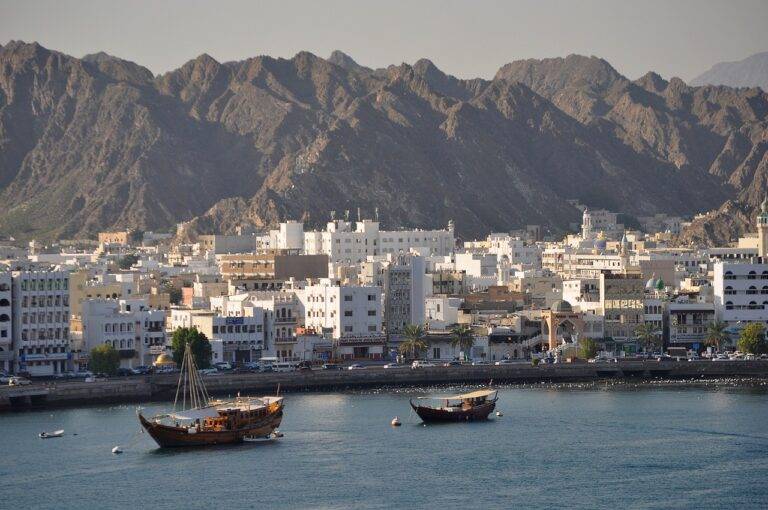Sustainable Transportation in Urban Tourism: Promoting Cycling and Walking
Urban tourism often faces numerous transportation challenges that can hinder visitors’ overall experience in a city. One of the primary issues is the lack of efficient public transportation systems, leading to congestion on roads and limited accessibility to key tourist attractions. Additionally, inadequate parking facilities in popular tourist areas can create frustration for tourists who rely on private vehicles for transportation.
Moreover, the integration of new transportation technologies, such as ride-sharing services and electric scooters, has posed regulatory challenges for urban planners and policymakers. The rapid growth of these services in urban areas has raised concerns about safety, traffic congestion, and the overall impact on sustainable urban development. Finding a balance between promoting tourism and maintaining a sustainable transportation infrastructure remains a significant challenge for cities around the world.
The Importance of Sustainable Transportation in Urban Areas
Sustainable transportation is a crucial aspect of urban development as cities strive to reduce emissions, alleviate traffic congestion, and enhance the overall quality of life for residents and visitors alike. By promoting eco-friendly modes of transportation such as cycling, walking, and public transit, cities can create a more sustainable and livable environment for all.
Embracing sustainable transportation options not only helps to mitigate the negative impacts of urbanization on the environment but also contributes to improved public health and well-being. Encouraging the use of alternative modes of transport not only reduces carbon footprint but also fosters a sense of community, promotes physical activity, and enhances the overall urban experience.
Benefits of Promoting Cycling in Urban Tourism
Cycling is a sustainable and eco-friendly mode of transportation that can significantly benefit urban tourism. By promoting cycling in urban areas, tourists can explore the city in a unique and immersive way, allowing them to experience local culture and attractions up close. Additionally, cycling provides a healthy and active way for visitors to stay engaged and connected with their surroundings, enhancing their overall travel experience.
Furthermore, promoting cycling in urban tourism can help alleviate congestion and reduce pollution in crowded city centers. With more people opting for bicycles as their mode of transportation, traffic flow can be improved, creating a more pleasant and efficient environment for both tourists and locals alike. Embracing cycling as a key component of urban tourism not only promotes sustainability but also enhances the overall quality of the visitor experience.
How can promoting cycling in urban tourism help address transportation challenges?
Promoting cycling in urban tourism can help reduce traffic congestion, decrease air pollution, and provide a more sustainable and eco-friendly mode of transportation for tourists.
What are some benefits of promoting cycling in urban tourism?
Some benefits of promoting cycling in urban tourism include promoting a healthier lifestyle for tourists, reducing greenhouse gas emissions, and creating a more enjoyable and immersive travel experience.
How can cities promote cycling in urban tourism?
Cities can promote cycling in urban tourism by investing in cycling infrastructure such as bike lanes, bike-sharing programs, and bike-friendly signage. They can also offer guided bike tours and promote cycling events and festivals.
Are there any safety concerns associated with promoting cycling in urban tourism?
While cycling in urban areas can pose safety risks, cities can mitigate these concerns by implementing safety measures such as designated bike lanes, traffic calming measures, and educational campaigns for both cyclists and motorists.
How can businesses in the tourism industry benefit from promoting cycling in urban tourism?
Businesses in the tourism industry can benefit from promoting cycling in urban tourism by attracting a new segment of eco-conscious tourists, creating partnerships with bike rental companies, and promoting bike-friendly amenities such as secure bike storage and repair services.





